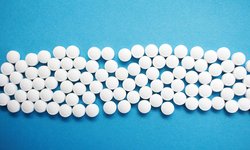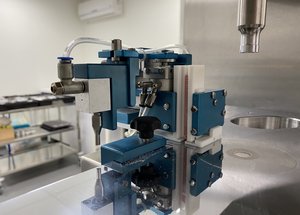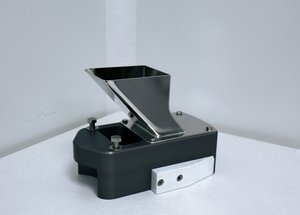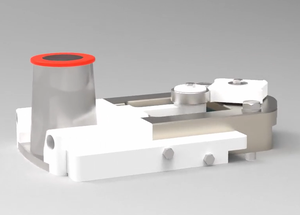Breakthroughs in technology advancing drug discovery
Drug discovery is experiencing a significant transformation through the integration of cutting-edge technologies such as artificial intelligence (AI), nanotechnology, organoids, and organ-on-a-chip models. Traditionally, drug discovery was a lengthy, costly process with high failure rates, but these innovations are accelerating development, enhancing precision, and enabling breakthroughs in targeted therapies, drug delivery, and personalized medicine.
The Evolution of Drug Discovery
The shift from traditional, time-intensive methods to modern approaches has been enabled by advances that improve the predictability and efficiency of drug development. AI and advanced molecular biology tools now facilitate the design of better drugs, early identification of therapeutic uses, and increased clinical trial success rates.
Key Technologies Driving Change:
- Artificial Intelligence (AI):
AI processes vast biological datasets, uncovering patterns and predicting drug interactions with greater accuracy.
It expedites screening of drug candidates and supports drug repurposing by identifying new uses for existing therapies.
AI is pivotal for personalized medicine, designing treatments tailored to individual genetic and molecular profiles.
- Organoids and Organ-on-a-Chip Models:
Organoids mimic human organs, offering realistic models for drug testing, especially in oncology. Combined with nanotechnology, they enhance drug penetration and predict outcomes more effectively.
Organ-on-a-chip systems simulate interactions across multiple organs, providing a holistic view of a drug’s behavior, safety, and efficacy.
- Nanotechnology:
Nanoparticles improve drug solubility, stability, and bioavailability while enabling targeted delivery.
Applications include sustained drug release, protection of sensitive molecules, and delivery to specific tissues, as demonstrated in mRNA COVID-19 vaccines.
Nanotechnology also offers insights into drug mechanisms through tools like fluorescent nanoparticles, aiding the optimization of drug formulations.
- Opportunities and Challenges
Despite its promise, drug discovery faces challenges like data access for AI and the expertise required for nanotechnology. These obstacles also present opportunities for further innovation, with researchers refining AI algorithms and nanotechnology applications to overcome these barriers.
- Future Horizons
The convergence of AI, nanotechnology, and advanced testing models is reshaping drug discovery. These technologies streamline processes, improve safety and efficacy, and open new avenues for personalized medicine. The future of drug development looks promising, with these innovations paving the way for therapies tailored to individual patient needs and enhancing overall healthcare outcomes.
This transformative shift ensures that drug discovery becomes more efficient, precise, and capable of addressing complex medical challenges.

Comments
No comments posted yet.
















